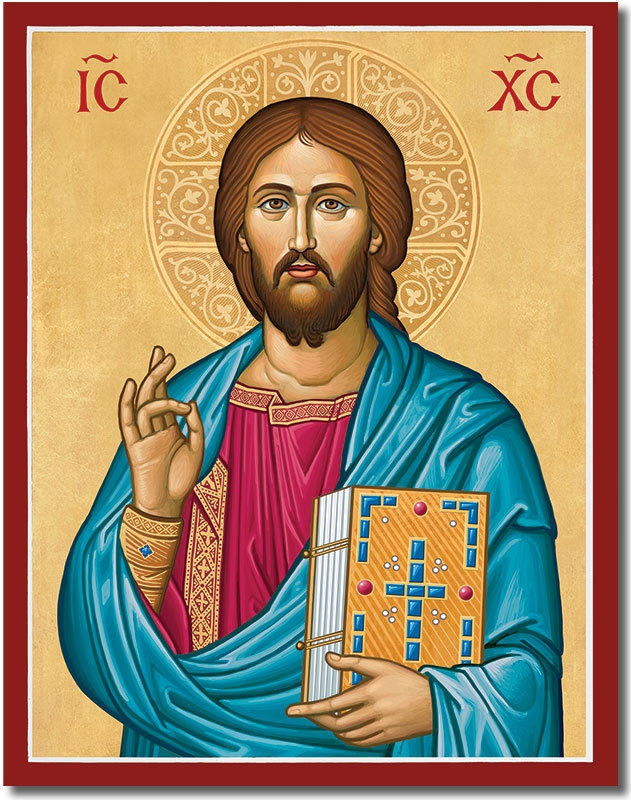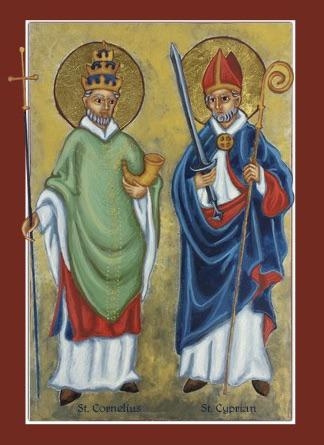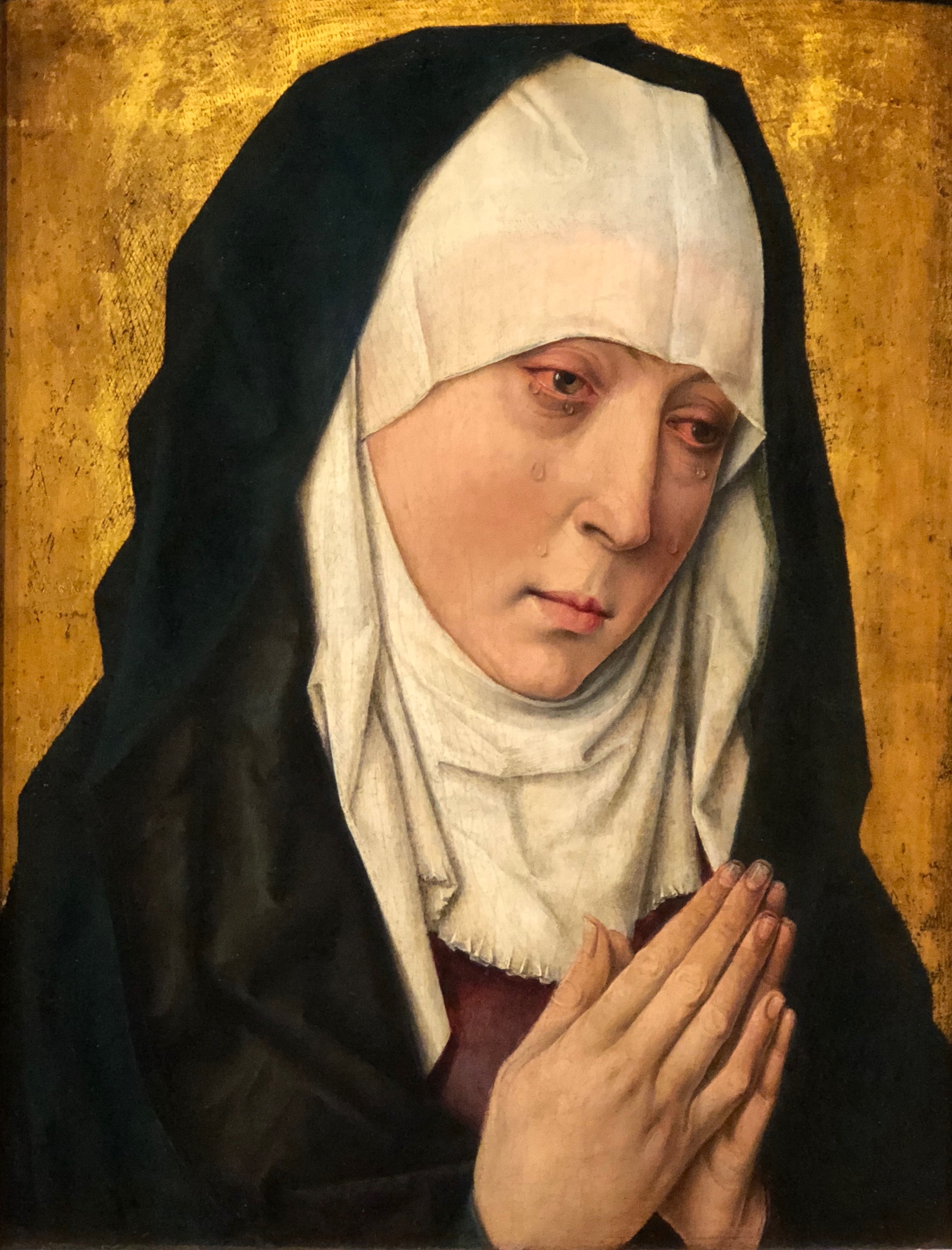These reflections are a result of more than 40 years of ministry as a Roman Catholic priest. Most of these years I spent in the Diocese of Charlotte which covers Western North Carolina. Now I am retired, and live in Medellín, Colombia where I continue to serve as a priest in the Archdiocese of Medellín.

When the centurion heard about Jesus, he sent elders of the Jews to him, asking him to come and save the life of his slave. They approached Jesus and strongly urged him to come, saying, "He deserves to have you do this for him, for he loves our nation and he built the synagogue for us." And Jesus went with them, but when he was only a short distance from the house, the centurion sent friends to tell him, "Lord, do not trouble yourself, for I am not worthy to have you enter under my roof. (Lk 7:1-10)
https://bible.usccb.org/bible/readings/091823.cfm
The Healing of the Centurion’s Servant is a fascinating story. The English translation is wrong: the servant wasn’t “valuable to him”; the servant was very dear to him (as the Spanish translation clearly states: “un criado muy querido.” Roman centurions were not in the habit of building Jewish synagogues. So when the elders state that the centurion is “worthy” to have this favor done, Jesus is curious. Then suddenly the centurion sends the message, “Lord, I am not worthy to have you enter under my roof.” To which Jesus responds “I haven’t found faith like this in all of Israel.” Even though the centurion never actually meets Jesus, the servant is healed. And the church in its wisdom puts the words of the centurion on our lips before we receive Communion.

Brothers and sisters: None of us lives for oneself, and no one dies for oneself. For if we live, we live for the Lord, and if we die, we die for the Lord; so then, whether we live or die, we are the Lord's. For this is why Christ died and came to life, that he might be Lord of both the dead and the living.
https://bible.usccb.org/bible/readings/091723.cfm
I am the master of my fate,
I am the captain of my soul.
--Invictus, William Ernest Henley, 1875
But we are not our own no matter how much we might think that we are the masters of our fate or that we are the captains of our soul. As Saint Paul reminds us, we are the Lord’s.

Beloved: This saying is trustworthy and deserves full acceptance:
Christ Jesus came into the world to save sinners. Of these I am the foremost. (1 Tim 1:15-17)
https://bible.usccb.org/bible/readings/091623.cfm
Although the Letters to Timothy are not directly from Saint Paul, they are written in his name. Today’s passage is one of my favorites. Not one of us can be the greatest sinner in the world—that honor has already been claimed for Saint Paul. Kinda lets the rest of us off the hook. Cyprian and Cornelius believed in God’s mercy, for which they faced many challenges in their ministries in Carthage and in Rome; they share the martyr’s crown together.

Standing by the cross of Jesus were his mother and his mother's sister, Mary the wife of Clopas, and Mary Magdalene. When Jesus saw his mother and the disciple there whom he loved he said to his mother, "Woman, behold, your son." Then he said to the disciple, "Behold, your mother." And from that hour the disciple took her into his home. (Jn 19:25-27)
https://bible.usccb.org/bible/readings/091523.cfm
The Octave of the Feast of the Birth of Mary is this feast of the Sorrowful Mother which is linked to yesterday’s feast of the Holy Cross. The church has always seen the Beloved Disciple as standing in for all of us, the beloved disciples of the Lord.
At the cross her station keeping,
Stood the mournful Mother weeping,
Close to Jesus to the last. (from the sequence hymn, Stabat Mater)

For God so loved the world that he gave his only Son, so that everyone who believes in him might not perish but might have eternal life. For God did not send his Son into the world to condemn the world, but that the world might be saved through him. (Jn 3:13-17)
https://bible.usccb.org/bible/readings/091423.cfm
If God has loved the world and everyone in it, then perhaps we should too. The Son came not to condemn but to save. In most of Latin America this feast is celebrated on May 3.
We adore you, O Christ, and we bless you
because by your Holy Cross you have redeemed the world.



